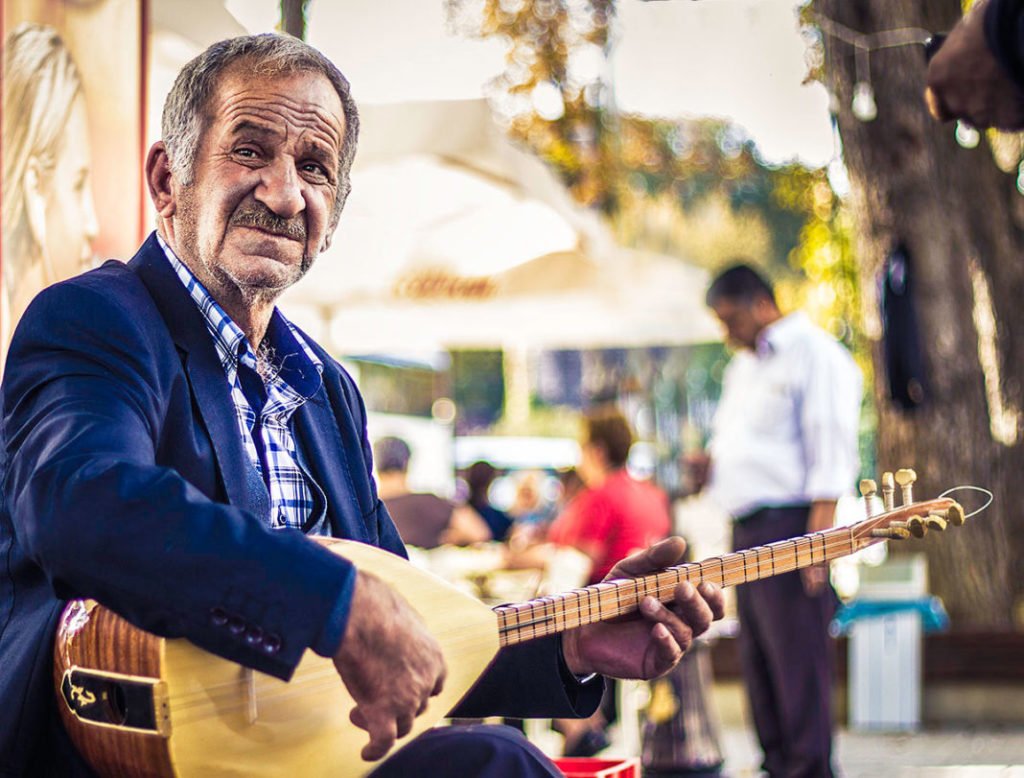”Music expresses that which cannot be put into words, and that which cannot remain silent.” ~ Victor Hugo
Music has existed for as long as mankind has found its voice, and quite possibly before. Every culture of the world has its own form of music, as distinct and unique to its area as language and cuisine.
Music of Türkiye
Modern Türkiye is a fascinating place. It has been the home for many different civilizations, and now has the rich socio-cultural heritage you would expect from such a long and varied history.
Music is an important part of this social and cultural life. You can learn a great deal about Türkiye just by understanding a little about the music. Türkiye’s history and contemporary society is reflected in the music they listen to and make.
The roots of traditional music in Türkiye span across centuries to a time when the Seljuk Turks migrated to Anatolia and Persia in the 11th century and contain elements of both Turkic and pre-Turkic influences.
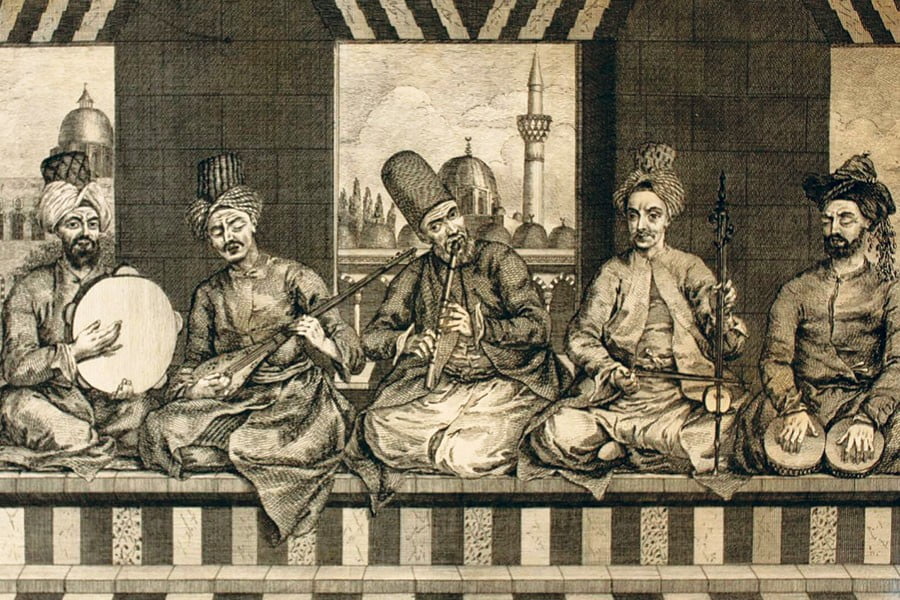
Musical instruments of Türkiye
The musical instruments used by Turks are of three main groups: stringed, wind, and percussion instruments.
The bağlama or saz
If a single instrument were to represent Turkish folk music it would have to be the Bağlama, sometimes referred to as the Saz.
What is a saz?
The term “saz” actually refers to a family of plucked string instruments, long-necked lutes used in Ottoman classical music and Turkish folk music (Türk halk müziği), Iranian, Kurdish, Armenian music, and in parts of Syria, Iraq, and the Balkan countries.
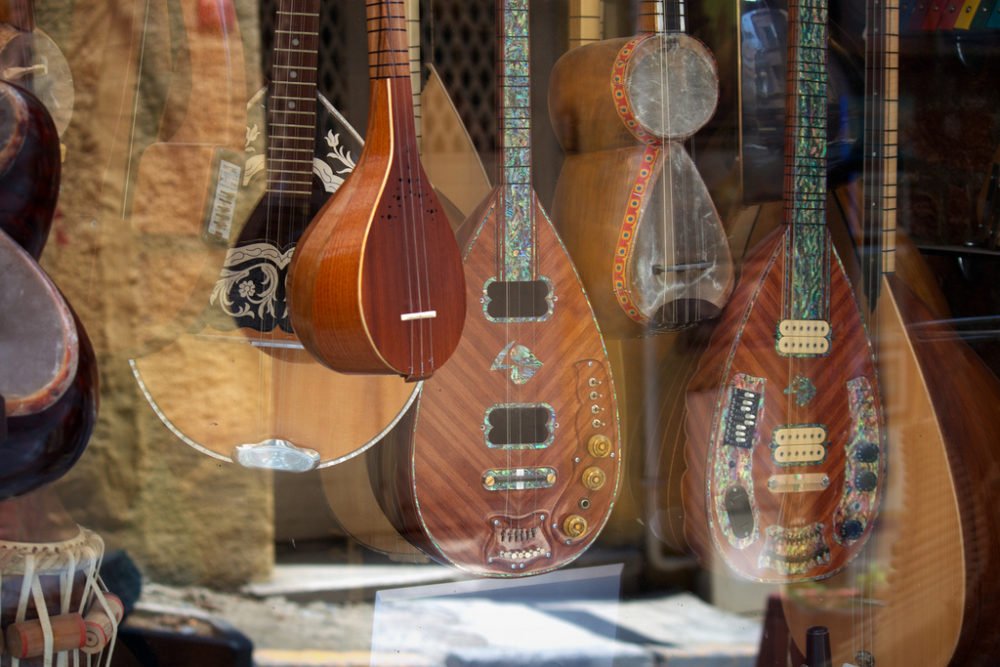
Who plays the saz?
Many people in Türkiye can play the saz. People in the cities and villages play the instrument and sing common folk songs called Türkü (literally meaning “of the Turk”).
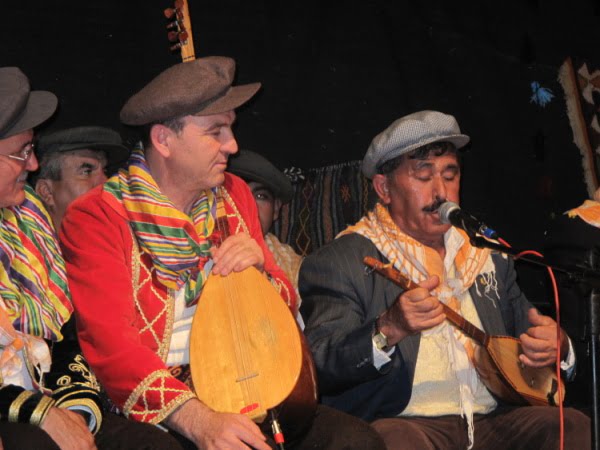
Professionals also play the saz. There are professional Türkü singers, and some are professional electro-saz players.

In the eastern part of Türkiye, professional and semi-professional singers called Aşıks (Ash-uks) write special songs and perform them in coffee houses and in other informal gatherings. The Aşıks are often self-taught saz players, and they use the instrument to accompany songs they have written beforehand or make up on the spot.
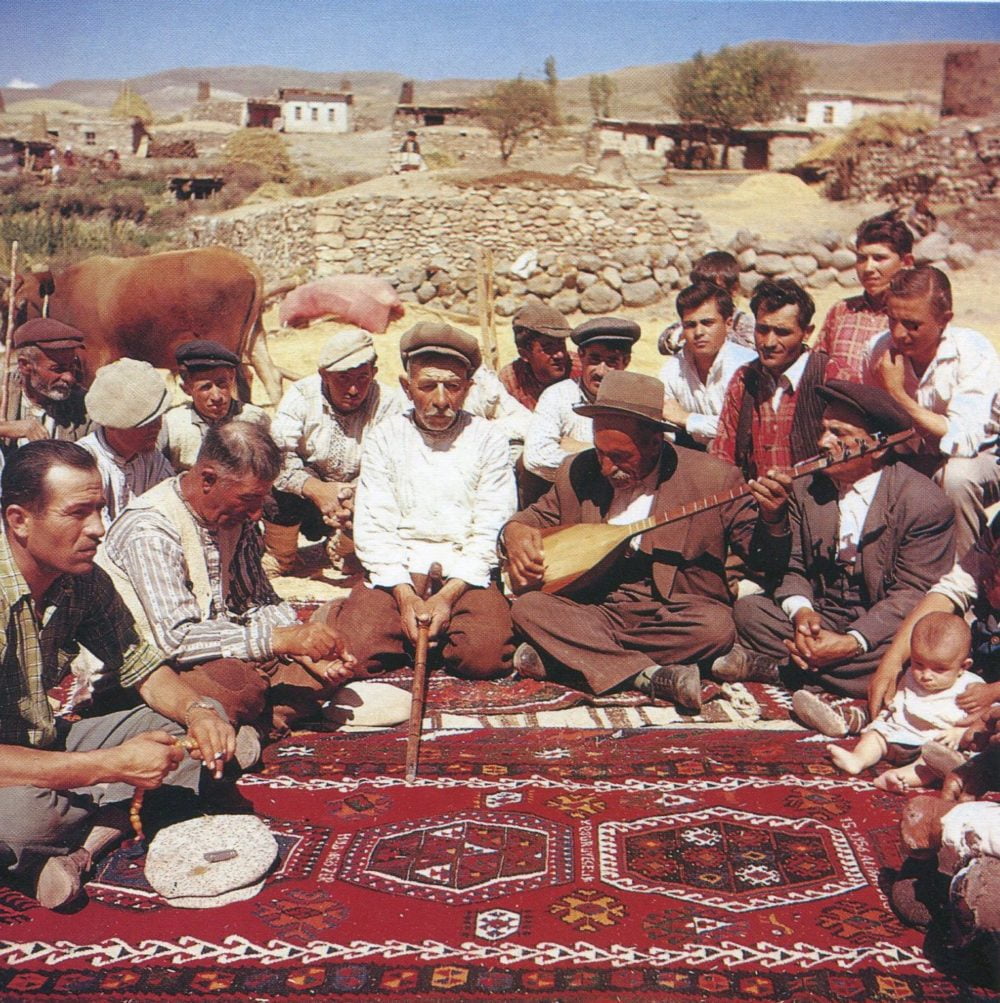
Turkish music reflects different emotions, mainly unrequited love and when it is sad it may sound depressing, but when expressing joy, happiness or pleasure you will find yourself dancing to the rhythm.
Next time you’re in Fethiye don’t miss the chance to listen to the saz.
Featured photograph courtesy of Tramamo.
This article was first published on 24 November 2021 and updated on 19 February 2024.

